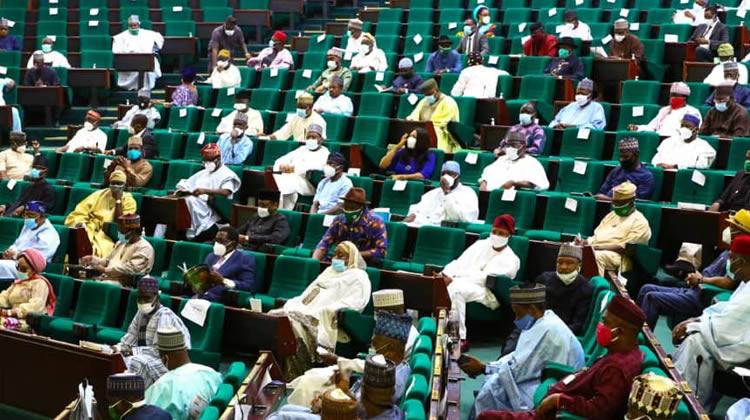
In a move aimed at strengthening Nigeria’s anti-corruption framework, the House of Representatives has passed for second reading a bill seeking to amend the Economic and Financial Crimes Commission (Establishment) Act, 2004, to enhance the institutional independence of the EFCC.
The proposed legislation, sponsored by Hon. Yusuf Gagdi (APC, Plateau), was considered on Thursday during plenary presided over by Deputy Speaker Benjamin Kalu.
Gagdi explained that the bill seeks to insulate the EFCC from political influence, modernise its operations, and align its legal framework with global anti-corruption best practices.
“The EFCC operates under outdated provisions that do not adequately address modern realities such as cybercrime, cryptocurrency manipulation, illicit financial flows, terrorism financing, and real estate-based money laundering,” he said.
Curbing Presidential Powers
Under the existing Act, the President has unilateral powers to remove the EFCC Chairman. Section 3(2) of the 2004 Act empowers the President to dismiss any member of the Commission “if satisfied that it is not in the interest of the Commission or the public” for such a person to remain in office.
However, the proposed amendment seeks to reduce the President’s discretionary powers, stipulating that the removal of the EFCC Chairman must receive the approval of a two-thirds majority of both chambers of the National Assembly before taking effect.
According to Gagdi, this change is crucial to protecting the EFCC from political manipulation and reinforcing its operational autonomy.
“The bill presents a decisive step towards strengthening Nigeria’s anti-corruption framework. It seeks to ensure that the EFCC operates as an independent, professional, and transparent institution responsive to modern financial crime realities,” the lawmaker said.
He added that the amendment would help restore public confidence in the Commission and enhance Nigeria’s global reputation as a country committed to good governance, transparency, and economic stability.
Broad Support from Lawmakers
Supporting the bill, Hon. Ginger Onwusibe (LP, Abia), Chairman of the House Committee on Financial Crimes, described the proposal as “long overdue.”
He noted that many contemporary financial crimes were not captured in the original EFCC Act, stressing the need to update the law to reflect new economic and technological realities.
Following extensive debate, the bill was unanimously passed for second reading and referred to the relevant House committees for further legislative action.
If enacted, the amendment would mark a historic shift in Nigeria’s anti-corruption governance, ensuring greater accountability, independence, and credibility in the operations of the EFCC.



